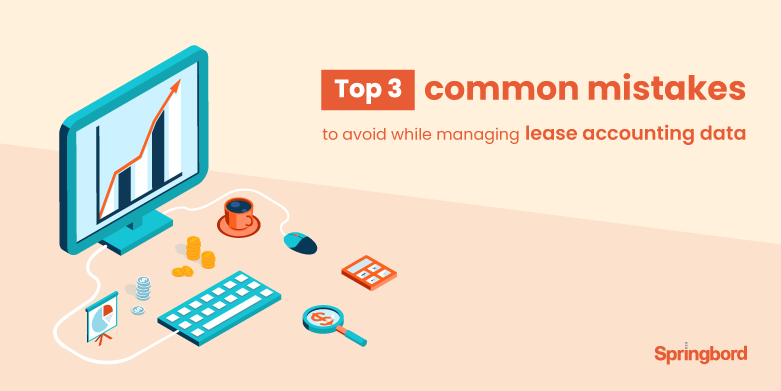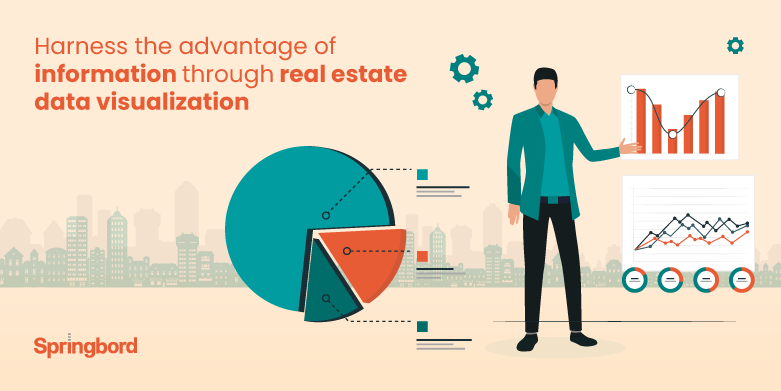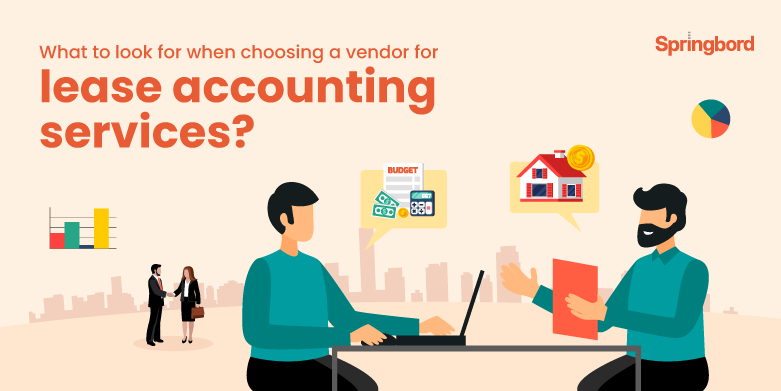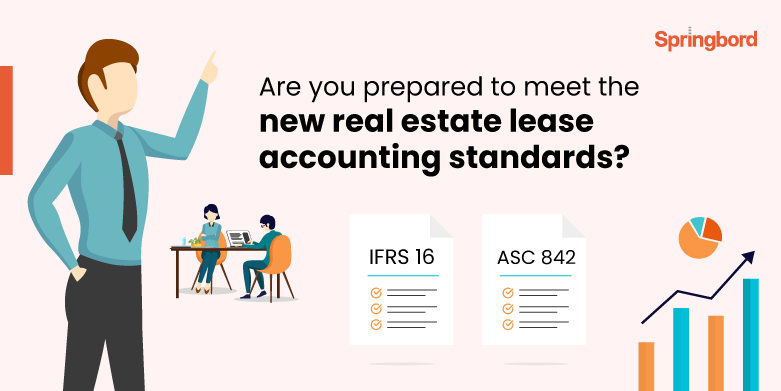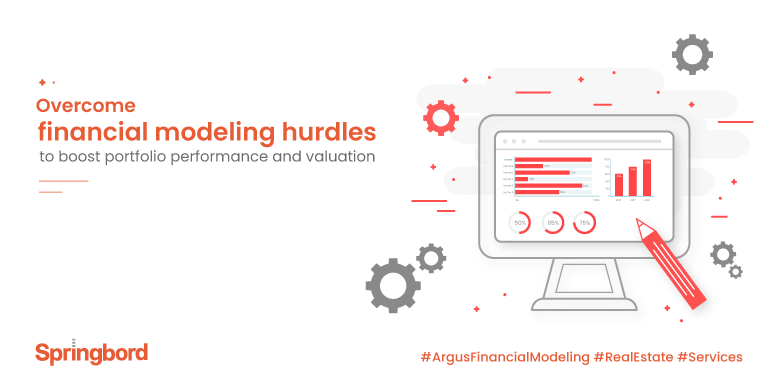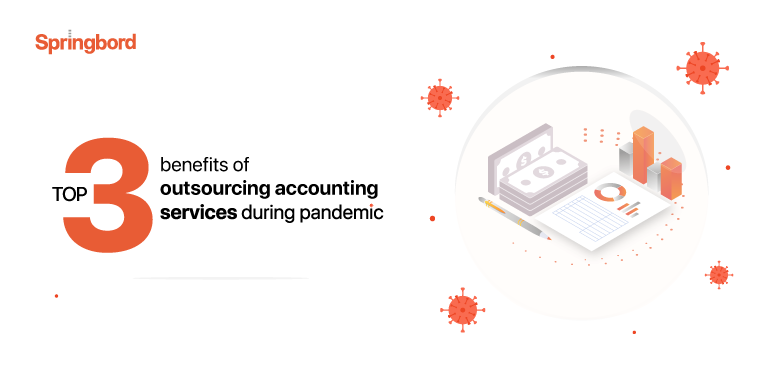Common area maintenance (CAM) charges play a key role in the upkeep of the commercial property. CAM fees, as known, as charges passed on to the tenants by the landlord that accounts for the operating expenses of a property. Typically, CAM charges are in Triple Net leases, that also includes property taxes and insurance. CAM
Ensuring compliance with FASB ASC 842 and IFRS 16 the new lease accounting standards entails a lot of effort and processes. While most of the companies especially with extensive lease portfolio have increasingly chosen to implement software solution to streamline, manage and maintain lease data, there still remains data gaps. The new regulation places a
With raid adoption of new and smart property technology solutions the real estate industry is now inundated with a variety of raw data. There is no doubt that this inexhaustible source of data has incredible potential to drive significant business growth. However, there is a huge disconnect. Even though developers, property management companies and investors
Technological advances have brought in sweeping changes across industry sectors. While the real estate industry might have been slower in adopting new trends, the emergence of niche property technologies is shifting the way real estate players showcase, interact and sell properties. Today the market is characterized by intensifying competition, changing buyer expectations, reluctance to buy
Achieving compliance on an ongoing basis with the new lease accounting standard ASC 842 presents unprecedented challenges for the companies. It not only demands a complete overhauling of the processes and systems but requires right approach, skill and data management capabilities. While the new lease accounting standard would help provide in-depth and complete view of
Whether you are a real estate developer, real estate management company or real estate agent/brokerage firm, marketing is key for any business to survive and stay ahead of the curve. As evolving technology continues to influence every aspect of a business, organizations who fail to capitalize on this trend and advance their marketing efforts risk
Access to meaningful information has been indispensable in driving growth in the real estate sector. Debt summaries, property valuation, tenancy and occupancy analyses to maintenance and utilities reports, every information is valuable and plays a key role in managing a real estate business profitably. And with the advancing technology and its influence on the real
International Financial Reporting Standards (IFRS) 16 and Accounting Standards Codification (ASC) 842 – the new lease accounting standards have had a far reaching impact on business across industry sectors. Almost every company has some or other form of rentals/leasing, whether it is equipment, assets, or infrastructure. According to the new mandate every lessee is required
In highly competitive and evolving industry landscape, it is critical for real estate players to develop sound financial modeling to be able to understand the bigger picture and analyze new market opportunities. Despite the growing importance of real estate financial modeling, majority of players still rely on Excel-based models. However, the problem is commercial real
As coronavirus pandemic rattles businesses across sectors, it is continuing to deepen its toll on organizations while they struggle to manage business as usual. Small and medium size companies are dealing with unprecedented difficulties in the face of disrupted operations and cash flow, shortage of staff and continuous pressure to ensure employee health and safety.



